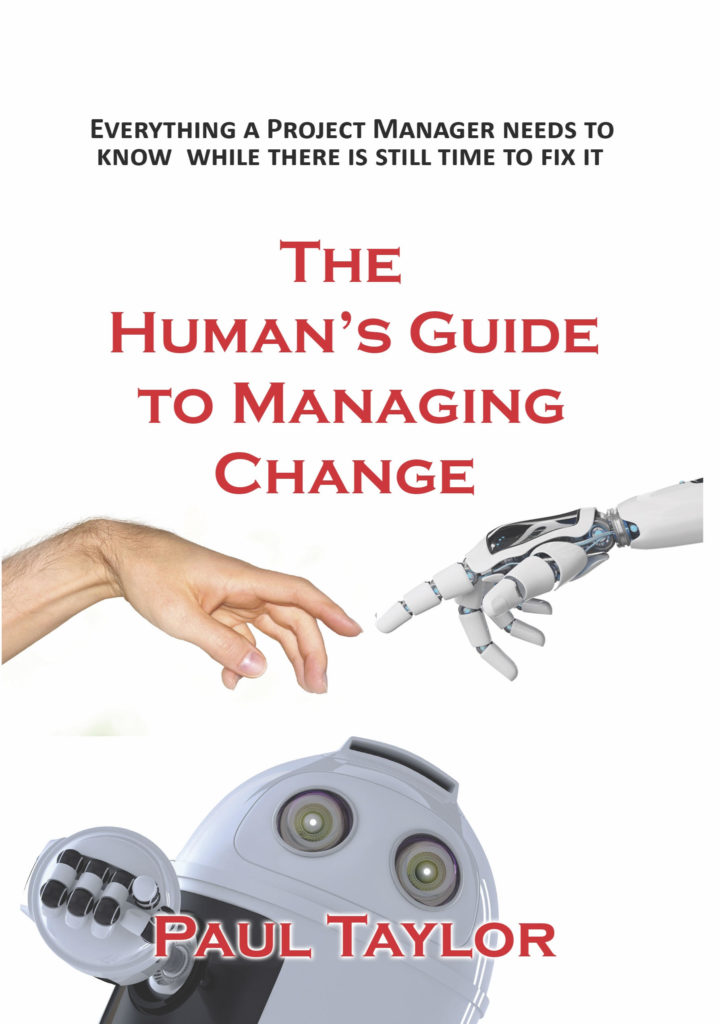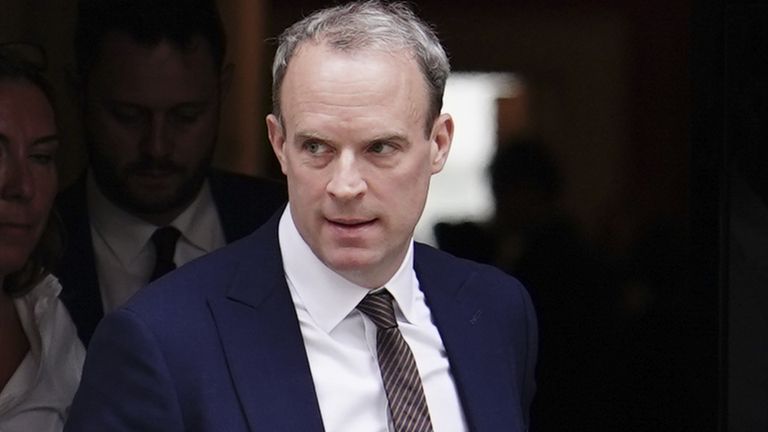(For those in the UK anyway) the latest political news is that Dominic Raab, has resigned as Deputy Prime Minister and Minister of Justice over a report which found he had bullied staff.
Although with any political conflict or event, there is a certain amount of spinning in progress to try and dodge and allocate blame.
But I did notice one interesting item where Raab said when he was driving change around Brexit and human rights reform, he found that all of these things were (and I quote) “counterintuitive to the culture of the Civil Service”
Is it possible that Raab and others missed the most important point when making any change? i.e. understanding and managing human elements
It is important to remember that change is triggered by people, implemented by people and then used by people once implemented. Therefore, people must be managed through the change process.
This could cover many areas such as
- Ensuring there is a clearly understood reason for making the change (within the benefits and drawbacks documented)
- Ensure that the right (internal and external) people are involved in the change, listened to (even if their views have to be dismissed), involved in decision making and so on.
- Any resistance needs to be identified so it can be understood and managed. Not all resistance is necessarily bad because people at the frontline would have insights that the seniors and higher-ups will not see.
- There also needs to be very clear communication around what is going on, why things are happening and so on. This ensure that people knows what is going on.
- Plus many others.
People who feel that change has been forced upon them will often react negatively. For example, such as pushing back on the change, complaining about the change (either publicly or privately) and being disruptive (either actively or passively).
The result is a poor or even toxic working environment which can lead hostility, frustration and a breakdown of working relationships.
This has consequences for implementing the change successfully and in this case for senior members of management.
Therefore, successfully managing the human element of implementing change is essential.
CLICK TO BUY A COPY OF THE BOOK



Recent Comments